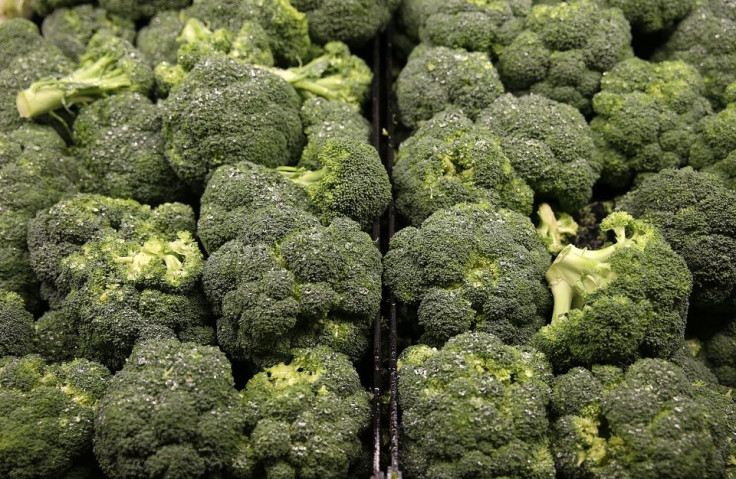Study says compound NMN found in some fruits & veggies has anti-ageing property

The list of food, medicine and compounds with anti-ageing properties keeps on growing. Among those being studies by scientists include chocolates, diabetes drug Metformin and nicotinamide mononucleotide (NMN). A Washington University School of Medicine in St Louis study says the natural compound NMN possibly has anti-ageing properties.
The study, published on Thursday in Cell Metabolism journal, says that NMN could compensate for loss in energy due to the decline in cells’ ability to produce energy because of ageing. When mice were given the compound, it reduced typical signs of ageing such as gradual weight gain, loss of insulin sensitivity and declines in physical activity.
The older mice were given drinking water supplemented with NMN. The rodents resembled younger mice in measures of metabolism and energy production. Dr Shin-ichiro Imao, a professor of development biology and medicine at the university, explains, “Since human cells rely on this same energy production process, we are hopeful this will translate into a method to help people remain healthier as they age.”
NMN is found naturally in several foods such as broccoli, cabbage, cucumber, edamame and avocado, New York Daily News reports. When the compound was dissolved in drinking water and given to mice, it showed up in the laboratory animal’s bloodstream in less than three minutes and is quickly converted to nicotinamide adenine dinucleotide (NAD), a key element of energy production, in multiple tissues.
Imai and Dr Jun Yoshino, his co-senior author of the study, in their past work, found that NAD levels go down in multiple tissues as mice grow older. NAD is not effective when given directly to mice.
They studied three groups of healthy five-month old male mice given regularly a high dose of NMN-supplemented drinking water, low dose and no NMN. The study then compared several aspects of physiology among the groups at five months and every three months until the 17th month.
Among the beneficial effects of NMN were in skeletal muscle, liver function, bone density, eye function, insulin sensitivity, immune function, body weight and physical activity levels in older mice.





















